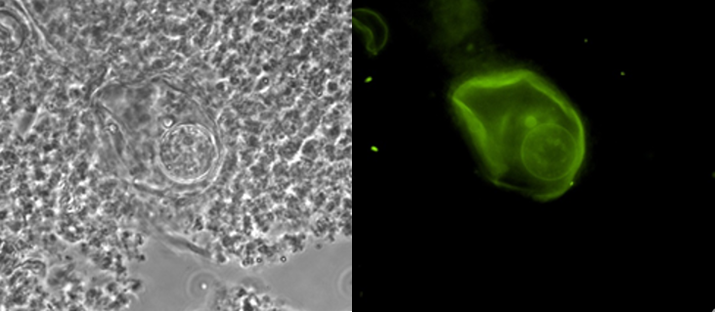Wastewater treatment plants (WWTPs) reduce levels of antimicrobial resistance (AMR) genes and bacteria, but they also occasionally select for multidrug resistance bacteria that contain genetically mobile elements. This is partially explained by how we separate biosolids WWTPs, but also may be due to novel intrinsic traits of some bacteria who can resist antimicrobials under any conditions. For example, some bacteria can switch to a reversible, cell-wall deficient state called the L-form, which results in broad resistance to any antimicrobials that can act on cell wall synthesis pathways. This makes L-form cells intrinsically multidrug resistant (MDR). For this project, we are isolating and identifying L-form bacteria from wastewater systems and investigating their role in the selection of AMR, in particular MDR in WWTPs. We also are assessing ecological explanations for elevated MDR strains and their mitigation, including selective predation and other options.
Academic staff: Prof David Graham (School of Engineering) and Prof Jeff Errington (Cell Biology)
Researchers: Dr Kelly Jobling and Mr Adrian Blackburn (School of Engineering)
Contact: david.graham@newcastle.ac.uk
Sponsor: EPSRC
Partners: Northumbrian Water Ltd; LABAQUA, SA; Chinese National Academy of Science – Xiamen
Start Date: 2018
End Date: 2020

